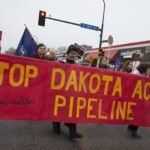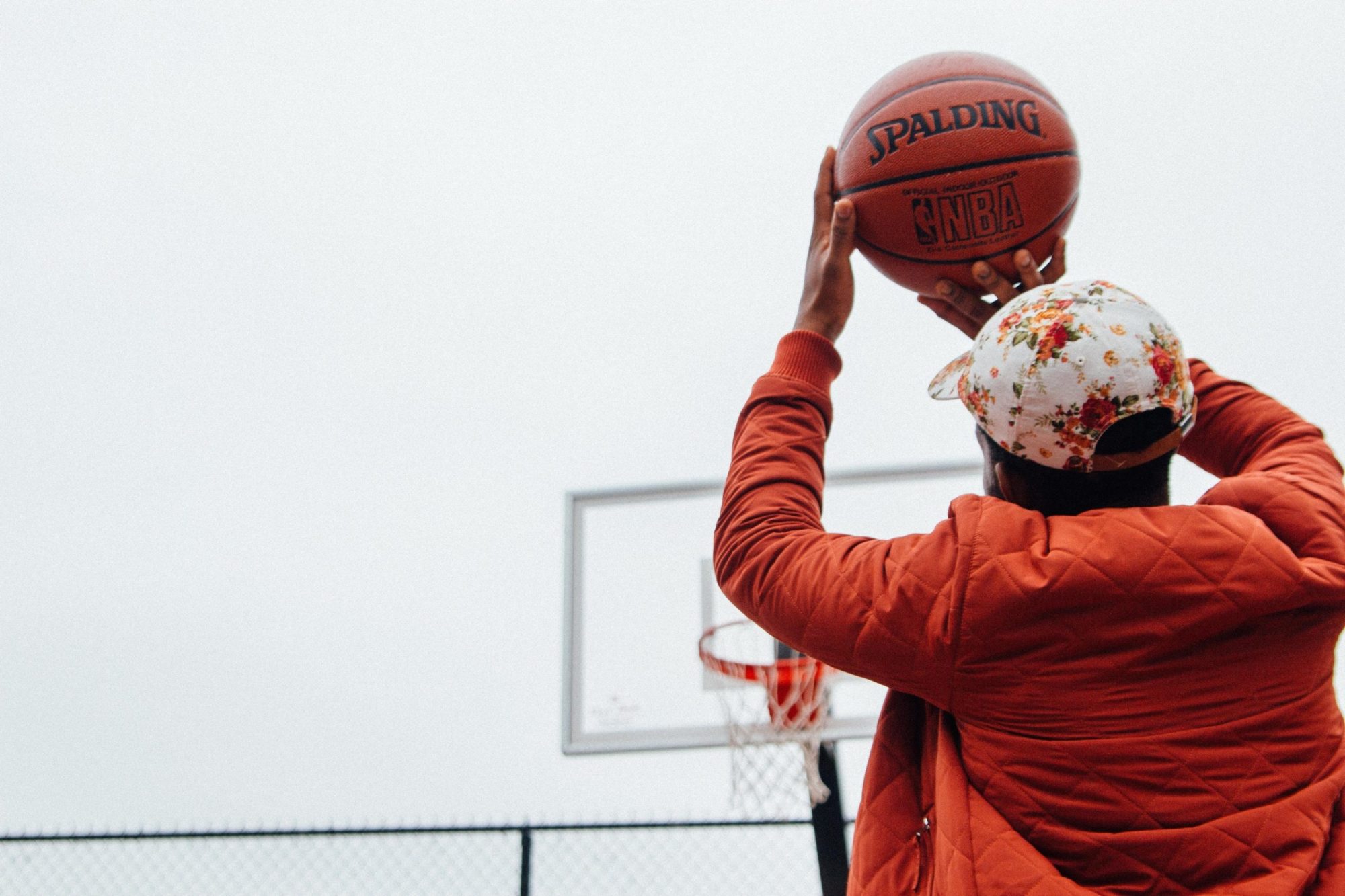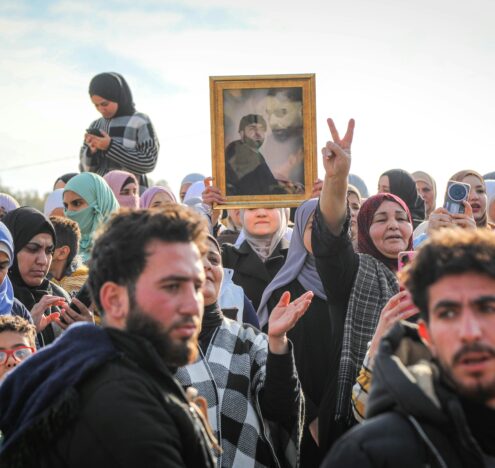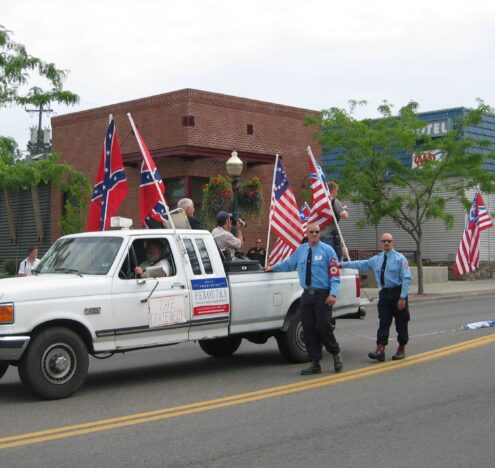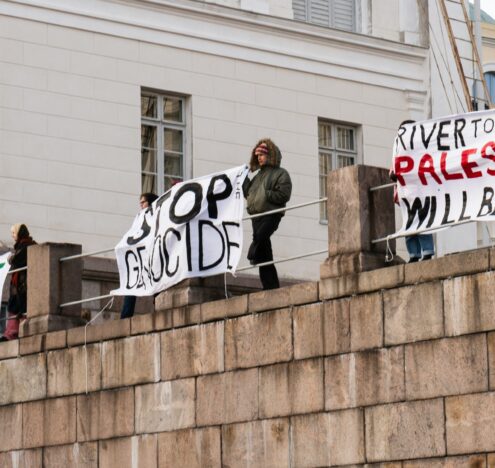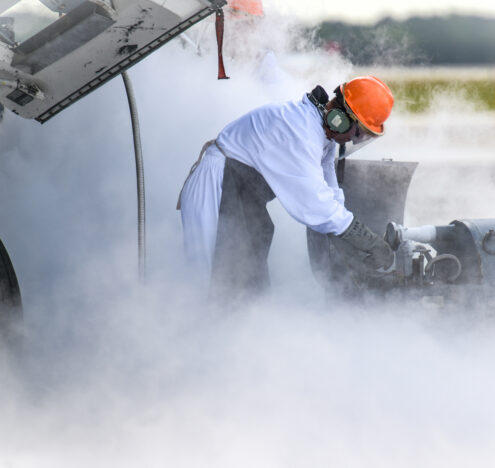How do I make a difference? What can be done to set our country on a better path? What actions can I take beyond just posting on social media? These are some of the questions I and many others are asking as unrest grips streets across America and the most consequential election of our lives bears down on us. Professional basketball players are no different. Right now, we are watching a group of mostly young Black men struggle with something a lot of us are right now: how to affect change. This group has more power, both financially and culturally, than most, and we’ve witnessed recently, in real-time, how deeply they understand how to harness that power despite past reluctance to take stances that may affect the financial bottom line of the league.
The NBA is in the midst of one of the most tumultuous seasons, both emotionally and politically, it’s ever endured: the season began with a controversy over human rights in Hong Kong; in December, former Commissioner David Stern passed away; shortly after that, NBA legend Kobe Bryant tragically died; and in March, the NBA shut down due to the COVID-19 pandemic. Shortly after, the police killings of George Floyd and Breonna Taylor threw plans to restart its season in doubt. Many players participated in and led protests in cities across the country, calling for changes to systemic injustice and structural racism. Many have shared their own personal experiences of racial profiling and police encounters. Justifiably, many players didn’t want to return to play, feeling that playing basketball would distract from the movement. However, the players ultimately agreed to resume the season with promises from the NBA to address their concerns.
The shooting of yet another unarmed Black man at the hands of the police in Kenosha, WI, made clear that painting words on a court and committing to economic “empowerment” weren’t enough.
The season restarted with “Black Lives Matter” painted on the court. Players were allowed to wear (pre-approved) social justice slogans on their jerseys. The league office and owners made commitments to fund a foundation. However, the shooting of yet another unarmed Black man at the hands of the police in Kenosha, WI, made clear that painting words on a court and committing to economic “empowerment” weren’t enough. Abruptly, the Milwaukee Bucks decided not to play in their playoff game and initiated a strike that reverberated across the sports world, triggering strikes in other professional sports leagues. In doing so, the Bucks’ players called elected officials in Wisconsin to ask what they could do. Striking and using leverage to advance a cause is a remarkable step forward in activism in the world of sports, considering Colin Kapernick was blackballed from the NFL for peacefully protesting police brutality and NBA players largely brushed aside the Hong Kong controversy. We witnessed a political awakening in real time. The brief work stoppage and threat to the league’s bottom line yielded stronger commitments from NBA owners. Players remain skeptical, though, and say they’re willing to use their labor as leverage again if the owners don’t live up to their commitments.
The latest (brief) work stoppage wasn’t the first instance that prompted calls to action. After the Georgia primaries in June, which followed the protests in the wake of George Floyd’s killing, and in which the challenges of voting were laid bare, LeBron James tweeted: “Everyone talking about ‘how do we fix this?’ They say ‘go out and vote?’ What about asking if how we vote is also structurally racist?” Within a week, he partnered with other athletes and entertainers to set up a voting rights organization that would work with other groups, like the NAACP Legal Defense Fund, to protect the right to vote. In a few short months, that organization has helped pay off the debts of Floridians who recently had their voting rights restored and initiated an effort to recruit poll workers. This work builds on James’ other projects, like establishing a school to serve underprivileged kids in his hometown of Akron. Connecting the dots between the protests and tangible ways to change underlying policies, and those who make policy, is an essential part of changing the system.
Dissatisfied with symbolic corporate gestures that feel empty as police brutality continues, players have taken matters into their own hands. Building off of the inspiring activism of WNBA players like Maya Moore who stopped playing to help get wrongfully imprisoned individuals freed, NBA players are not only finding their voice, but finding ways to take action. NBA players are realizing that in order to affect change, being willing to sacrifice their livelihoods and act collectively is the best way to not only drive the conversation, but to extract meaningful commitments from power structures, like the NBA league office and owners, and drive reform.
At the beginning of the season, fair questions were raised about the NBA’s commitment to human rights and social justice when many in the league, including LeBron James, side-stepped the question of democracy in Hong Kong. It seemed at the time that players weren’t willing to put their economic lives on the line for justice. Recent events make clear they’re finding their voice and are willing to risk everything when it comes to democracy and human rights at home.
Louie Reckford is a Policy Advisor at Foreign Policy for America covering Iran, North Korea, and arms control issues. He previously spent five years as an aide to Senator Jeff Merkley (D-OR) working on foreign affairs, defense, and veteran’s affairs in support of the Senator’s work on the Senate Foreign Relations Committee. Originally from Portland, OR, Louie has spent two decades praying for a Portland Trailblazers NBA championship.











